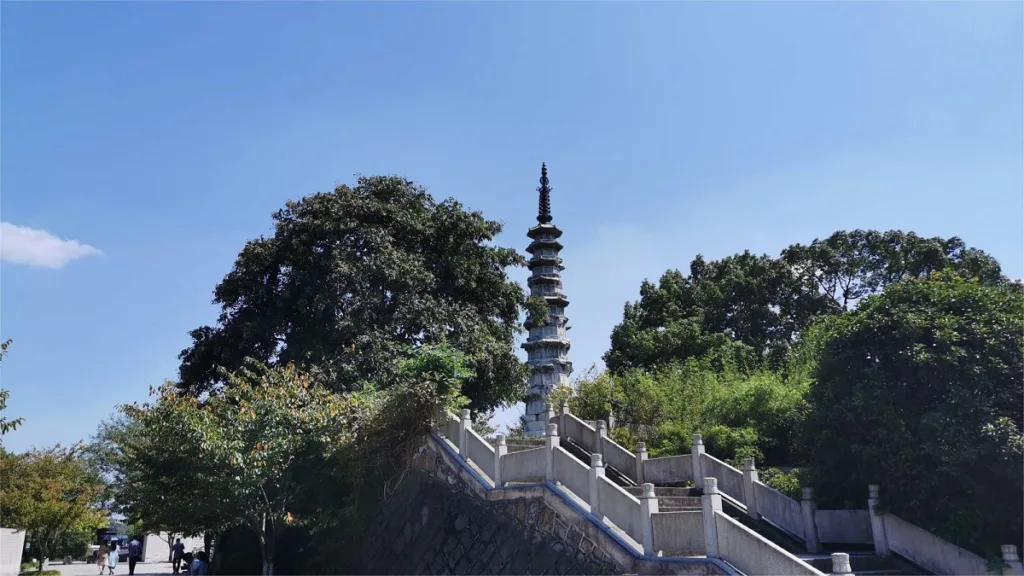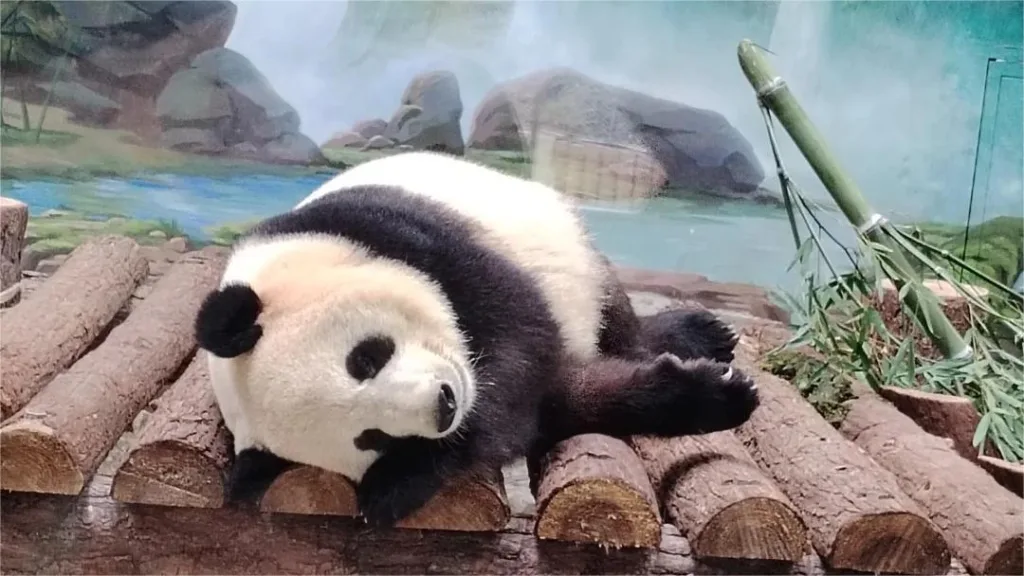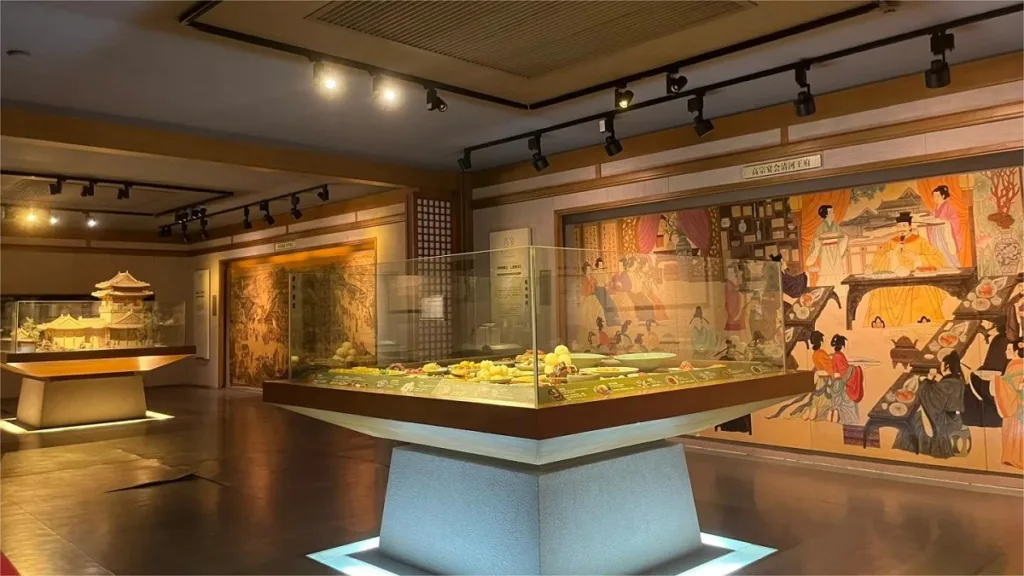The Southern Song Dynasty Imperial Museum (南宋官窑博物馆) is located at the western foot of Wugui Mountain, south of Yuhuang Mountain in Hangzhou, China. Situated on the southern edge of the West Lake Scenic Area, it is the first ceramic-themed museum built on the site of an ancient kiln. The museum consists of exhibition halls and protected buildings on the lower slopes of the Jiutanxiang imperial kiln site, covering an area of 26,000 square meters. It houses over 3,014 pieces/sets of collections, including 242 precious cultural relics.
Visitors to the museum can explore the history, craftsmanship, and aesthetic value of the imperial kiln, experiencing the charm and uniqueness of Southern Song Dynasty ceramics. They can also gain insights into the close relationship between imperial kilns and the cultural and social customs of the Southern Song Dynasty court. In addition to viewing exhibits, visitors can also engage in hands-on activities with clay, experiencing the joy of ceramic making firsthand. The museum regularly hosts various related events, providing opportunities for those interested in porcelain to engage further.
Table of Contents
- Basic Information
- Location and Transportation
- Highlights of Southern Song Dynasty Imperial Klin Museum
- Vlog about Imperial Klin Museum
- Attractions near Imperial Klin Museum
Basic Information
| Estimated Length of Tour | 1 – 2 hours |
| Ticket Price | Free |
| Opening Hours | 9.00 – 16.30; Last admission: 16.00 Closed on Mondays |
| Telephone Number | 0086-0571-86086023 |
Location and Transportation
The Southern Song Dynasty Imperial Kiln Museum is located at 60 Nanfu Road, Nanxing Street, Shangcheng District, Hangzhou City, Zhejiang Province, on the southern edge of the West Lake Scenic Area. To get there, you can choose one of the following ways:
Bus: Take bus 12, 42, or 87 and get off at Shijiashan Stop (施家山站).
Metro: The closest metro station to the Southern Song Dynasty Imperial Klin Museum is Shuicheng Bridge (水澄桥) on line 4. After getting out of the station from Exit A, walk about 700 meters to the northwest to reach the museum.
Highlights of Southern Song Dynasty Imperial Klin Museum
Exhibition of Historical Artifacts from the Southern Song Dynasty Imperial Kiln

The museum showcases the essence, characteristics, and connection with the court culture and social customs of the Southern Song Dynasty. Exhibits are divided into five parts: “Hometown of Celadon,” “Imperial Porcelain,” “Elegance and Beauty,” “Precious Relics of the Imperial Palace,” and “Jiutanxiang Imperial Kiln Site of the Southern Song Dynasty.” Through artistic design, including colors, lighting, music, and multimedia images, the exhibition creates a royal atmosphere. Display cases, including central, arc-shaped, and lifting cases, exhibit the aesthetic charm and craftsmanship features of official kiln ceramics, such as purple mouth, iron foot, crackle glaze, and jade-like brilliance. The exhibition area covers approximately 2,900 square meters, with 225 pieces displayed, including significant artifacts like the Southern Song Dynasty official kiln tripod stove, flower-mouthed pot, duck-shaped vessel, and octagonal-patterned lid.
Exhibition of Chinese Ceramic Culture

Focusing on “Ceramic Culture,” this exhibition highlights the connection between Chinese ceramics and culture through historical, technological, and cultural perspectives. It is divided into four sections: historical, craftsmanship, cultural, and exchange. The exhibition design utilizes a “tree-like structure” to showcase the development of Chinese ceramics, while a spatial layout resembling a compound flower symbolizes the richness and diversity of ceramic culture. Various methods, including storytelling, puzzle games, multimedia interactive displays, and holographic imaging, are used to create an immersive atmosphere. Covering an area of approximately 900 square meters, the exhibition features 435 pieces, including significant items like the original ceramic socket from the Warring States period, Yuan Dynasty blue and white Guanyin statue, Yuan Dynasty Longquan kiln powder-blue stamped phoenix-tail vase, and Ming Dynasty Hongzhi yellow glaze plate.
Interactive Experience

In addition to the exhibitions, the museum offers interactive activities suitable for children, such as learning to reassemble broken porcelain vessels like archaeologists and exploring ancient porcelain culture through touch-screen computers. At the adjacent pottery center (additional fee required), visitors can create their pottery, including throwing, coiling, pinching, and painting on white ceramics, providing a unique experience in ceramic artistry.







